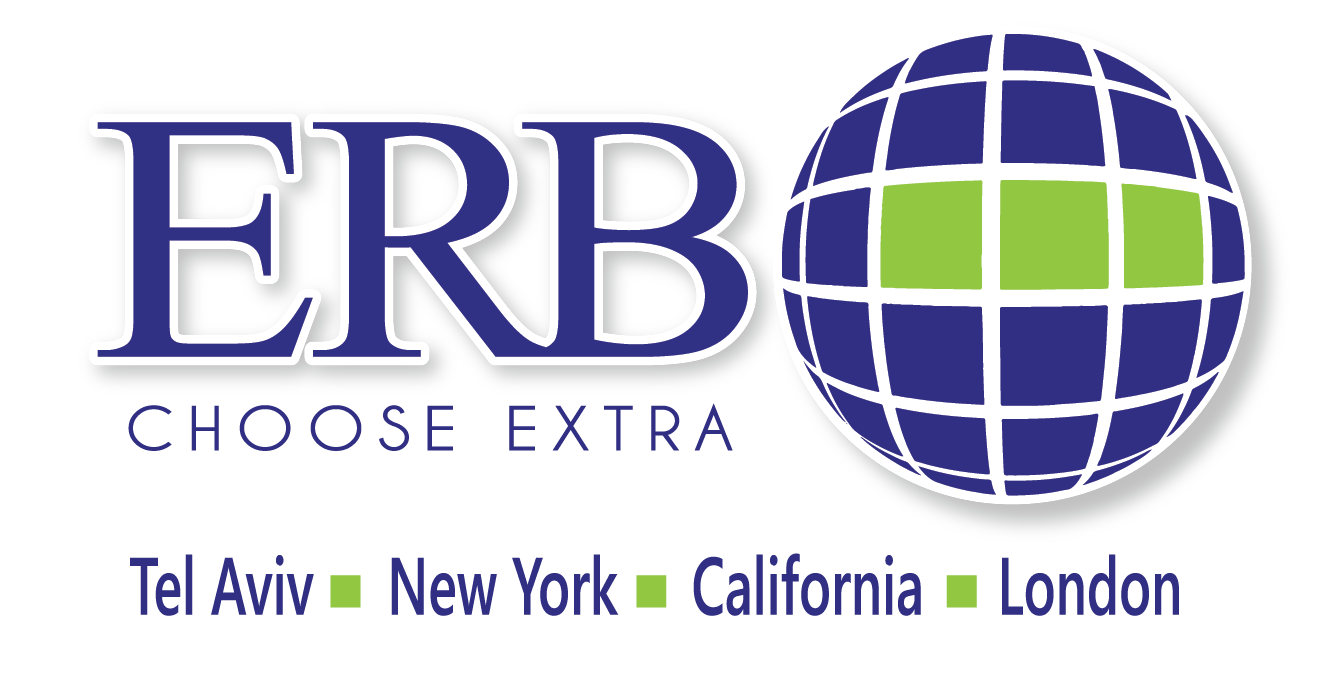The Enterprise Investment Scheme (EIS) is designed to help smaller higher-risk trading companies raise funds by offering a range of tax reliefs to investors who purchase new shares in those companies.
If your company meets EIS’s requirements listed below, ERB London can assist with submission of your application and get your EIS approval.
In order that investors be able to claim, and keep, EIS tax reliefs relating to their shares,
the company which issues the shares has to meet a number of rules regarding:
The type of company:
(1) Companies must be an unquoted company at the time the shares are issued – that means it cannot be listed on the London Stock Exchange or any other recognized stock exchange.
(2) The company must not control another company without that company being a qualifying subsidiary, nor must there be arrangements in existence at the time the shares are issued.
(3) The company must not be controlled by another company (or another company and any person connected with that company), nor must there be any arrangements in existence at the time the shares are issued for it to be controlled by another company.

The amount of money it can raise:
Companies are not allowed to raise more than £5 million in total in any 12 month period from the venture capital schemes.
How and when that money must be employed for the purposes of the trade:
The money raised by the share issue can be used either for the purpose of an existing qualifying trade or for the purpose of preparing to carry on such a trade.
Alternatively, it can be used to carry on research and development intended to lead to such a qualifying trade being carried on.
The trading activities carried on:
The trade must be conducted on a commercial basis with a view to the realization of profits.*
*On that manner please note “excluded activities”, such as: dealing in land, in commodities or futures in shares, securities or other financial instruments, dealing in goods, other than in an ordinary trade of retail or wholesale distribution, financial activities such as banking, insurance, money-lending, debt-factoring, hire-purchase financing or any other financial activities and more.
